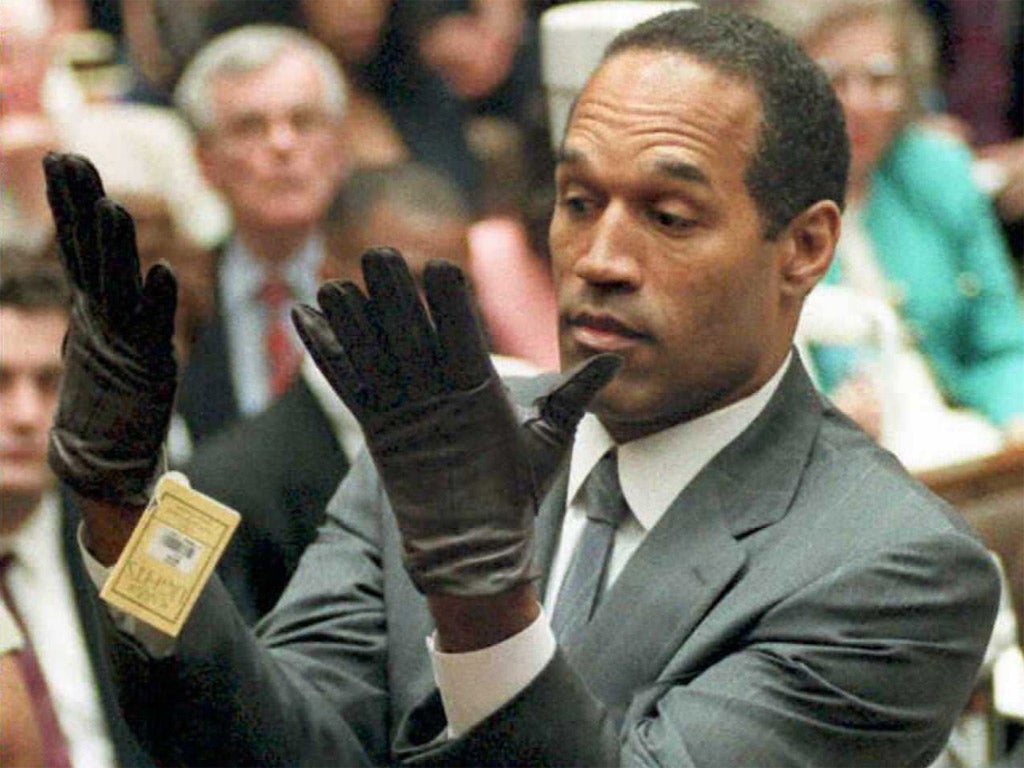Ian Burrell: Court coverage was a world apart from fireworks of OJ Simpson trial

Your support helps us to tell the story
From reproductive rights to climate change to Big Tech, The Independent is on the ground when the story is developing. Whether it's investigating the financials of Elon Musk's pro-Trump PAC or producing our latest documentary, 'The A Word', which shines a light on the American women fighting for reproductive rights, we know how important it is to parse out the facts from the messaging.
At such a critical moment in US history, we need reporters on the ground. Your donation allows us to keep sending journalists to speak to both sides of the story.
The Independent is trusted by Americans across the entire political spectrum. And unlike many other quality news outlets, we choose not to lock Americans out of our reporting and analysis with paywalls. We believe quality journalism should be available to everyone, paid for by those who can afford it.
Your support makes all the difference.It was hardly the OJ Simpson trial. Considering this nation has become known as the CCTV capital of the world, there has been a reluctance to allow television cameras to record the dramas of other areas of British life.
The televised sentencing of murderer David Gilroy yesterday was treated as a landmark moment, coming ahead of the introduction of cameras into courts in England and Wales later this year. But it showed the limited nature of such coverage.
The viewing public was only invited into the High Court in Edinburgh at the behest of Scotland's top judge, Lord Hamilton, and even then we only saw a tightly-cropped shot of the sentencing judge, Lord Bracadale. Cameras have been allowed into Scottish courts for 20 years but judges have rarely requested their presence.
In the meantime, television audiences have become used to watching the American court dramas of the Michael Jackson manslaughter trial, Jacko's own child abuse case in 2005 and a scary-looking Phil Spector in the dock for murder in 2007. Many will remember pictures of the Massachusetts manslaughter trial of English nanny Louise Woodward as long ago as 1997. By contrast, coverage of high-profile British cases is largely confined to legal statements read out to media scrums on the steps outside the Royal Courts of Justice in The Strand.
For viewers who grew familiar with the layout of a courtroom from watching the realistic long-running Granada drama Crown Court, which began in 1972, or for fans of the BBC's legal characters, such as Martin Shaw's Judge John Deed, who first appeared in 2001, the televising of real cases has been slow in coming.
But then audiences may have no more appetite for watching the grinding wheels of British justice than they have for seeing laws being passed. Since its introduction in 1992, BBC Parliament still only reaches one per cent of the public, even with a schedule peppered with popular programming. Without a procession of celebrity defendants and television access that goes beyond a close up of the judge summing up, BBC Courts would be unlikely to fare better.
Join our commenting forum
Join thought-provoking conversations, follow other Independent readers and see their replies
Comments